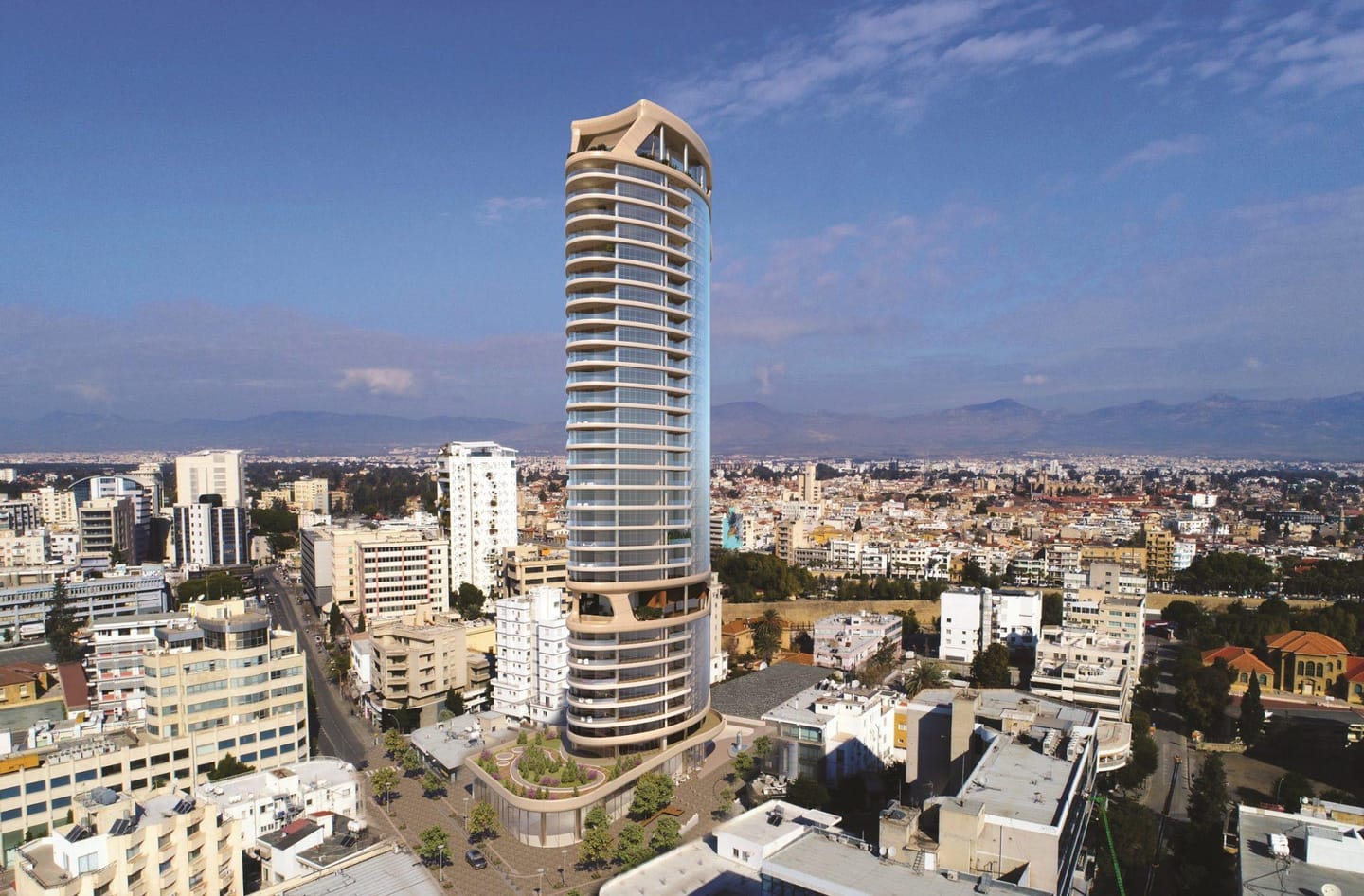If you intend to benefit from Cyprus’ preferential 5% VAT scheme when buying or constructing your primary residence, there is a hard deadline you cannot ignore: the transitional period ends on 15 June 2026. After this date, the old framework will no longer be available.
Background: dual VAT regime (2023–2026)
From 16 June 2023 to 15 June 2026, Cyprus has been operating under a dual VAT system, where the old and new rules effectively coexist.
Projects for which the building permit (or the application for the permit) was issued or submitted before 31 October 2023 can still fall under the old 5% VAT scheme, provided the rest of the legal conditions are satisfied. George K. Konstantinou Law Firm
Under the old regime, the 5% VAT rate could be applied to the first 200 m² of residential area of a new primary residence, with no strict cap on the overall value of the property.
New rules under Law 42(I)/2023 (in force from 16 June 2023)
Law 42(I)/2023, published on 16 June 2023, tightened the criteria for the reduced VAT rate on primary residences. Michael Kyprianou Law Firm
The key elements are:
- The reduced 5% VAT applies only to the first 130 m² of the buildable residential area. KPMG
- The maximum property value for the reduced rate is €350,000. KPMG
- The total buildable residential area must not exceed 190 m², and the total transaction value must not exceed €475,000. KPMG
- Where these limits are exceeded, the standard 19% VAT applies to the entire property, not merely to the portion above the thresholds. Michael Kyprianou Law Firm
- For persons with disabilities, the reduced 5% rate can apply to the first 190 m² of buildable area under specific conditions. PwC Cyprus
Transitional provisions and key deadlines
The transitional framework allows buyers to keep using the old 5% scheme (up to 200 m² without a hard price ceiling) if:
- the building permit (or permit application) was submitted before 31 October 2023, and
- the application for the reduced VAT is lodged within the prescribed deadline, generally no later than 15 June 2026. George K. Konstantinou Law Firm+2KPMG
Once a property is acquired under the 5% VAT scheme, it must remain the buyer’s primary and permanent residence for 10 years. If it ceases to be used as such within that period, the tax authorities may reclaim the difference between the 19% and 5% rates, proportionate to the remaining years. PwC Cyprus+1
Transfers of such property to adult children can, in specific cases, be carried out without triggering a claw-back of the VAT benefit, provided the statutory conditions of the scheme continue to be met. PwC Cyprus
Enforcement and increased scrutiny
Cyprus’ Tax Department has significantly stepped up enforcement around misuse of the reduced VAT regime for main residences.
Over the last few years, the authorities have conducted more than 5,000 inspections, recovering roughly €50 million from misuse cases. LaMaison Estates
Enhanced scrutiny is particularly visible in coastal and tourist areas, as well as districts with a high proportion of non-resident or student housing, where the “primary residence” condition is most frequently breached. LaMaison Estates
Practical steps for a buyer
To reduce risk and make full use of the available benefits, a buyer should:
- File the application for the 5% VAT rate before moving in or before completion of construction, in line with the guidance of the tax authorities. PwC Cyprus
- Confirm whether the property:
- fits the new criteria (≤130 m², ≤€350,000, ≤190 m² total buildable area, ≤€475,000 transaction value), or
- still qualifies under the old scheme through a building permit or application submitted before 31 October 2023. KPMG
- If the property falls under the old regime, ensure that:
- the permit timing is properly documented; and
- the reduced VAT application is submitted by 15 June 2026 at the latest.
- If the property is intended for rental or investment rather than as a genuine primary home, be prepared for the possibility that the tax authorities may reclaim the VAT relief. Eurofast
- Before transferring the property to children or replacing your primary residence with another home, seek tailored advice from a tax or legal professional to remain compliant with the scheme. Michael Kyprianou Law Fi
Conclusion
Cyprus’ 5% VAT scheme for a primary residence remains a powerful financial lever, but it now comes with stricter criteria, closer supervision and a fixed end date.
If you are considering buying or constructing a home under this framework, the window is closing: failure to act before 15 June 2026 may mean paying the standard 19% VAT on the whole transaction, along with higher compliance and audit risks.
Key sources
- Cyprus Mail – reports on June 2026 deadline and coexistence of old/new frameworks under Law 42(I)/2023.
- KPMG Cyprus – technical summary of the reduced 5% VAT thresholds (130 m², €350,000, 190 m², €475,000). KPMG
- Michael Kyprianou & Co LLC – analysis of Law 42(I)/2023 and its impact on primary residence VAT. Michael Kyprianou Law Firm
- PwC Cyprus – guidance note on the application of the 5% reduced VAT rate and claw-back rules. PwC Cyprus
- La Maison Estates & VAT-focused portals – coverage of inspections, recovered amounts and typical breach patterns. LaMaison Estates
- George K. Konstantinou Law Firm – commentary on transitional arrangements and projects covered by the old regime. George K. Konstantinou Law Firm






